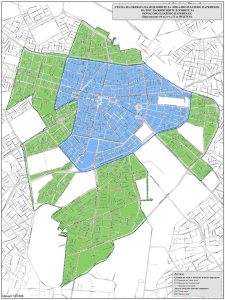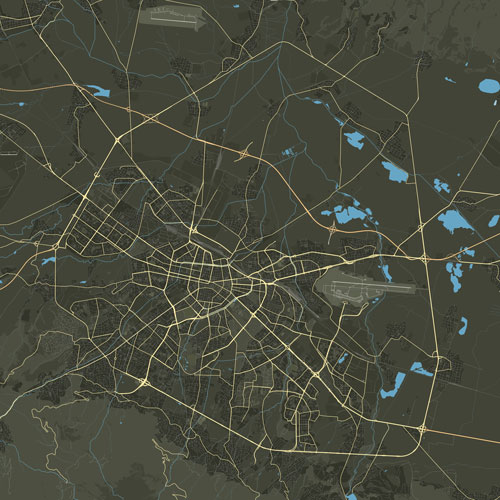The European Union has established a singular, universal emergency contact number, 112, that is accessible free of charge across all EU member states. This number can be dialed from both fixed line and mobile phones without the need for any prefix, ensuring that help is just a call away in any emergency situation. The 112 service operates around the clock, providing 24/7 access to emergency assistance.
When to Use 112
The 112 number is intended for use in situations posing an immediate danger to life, health, safety, or property. These include, but are not limited to:
– Fires and floods
– Emergency medical situations
– Severe weather events such as tornadoes (hurricane winds) and winter storms
– Earthquakes
– Traffic and industrial accidents
– Incidents involving pollution, radiation threats, or biological agents such as suspected anthrax
– Other accidents and incidents requiring urgent attention
When Not to Use 112
It is crucial to understand that 112 is reserved strictly for emergencies. It is not to be used for:
– Traffic, weather, or general information queries
– Non-urgent calls that can be directed to other services
The Importance of Responsible Usage
Unnecessary calls to 112 can lead to congestion of this critical service, potentially delaying response to genuine emergencies. It is imperative that the public uses this service responsibly, ensuring that emergency response resources are available to those in dire need.
Conclusion
The 112 emergency number is a vital component of the European Union’s commitment to public safety and welfare. By providing a single, easy-to-remember number for all emergency services, the EU aims to ensure that every resident and visitor has immediate access to help in critical situations. Remembering when and how to use 112 can make a significant difference in an emergency, helping to save lives and mitigate dangers promptly.


